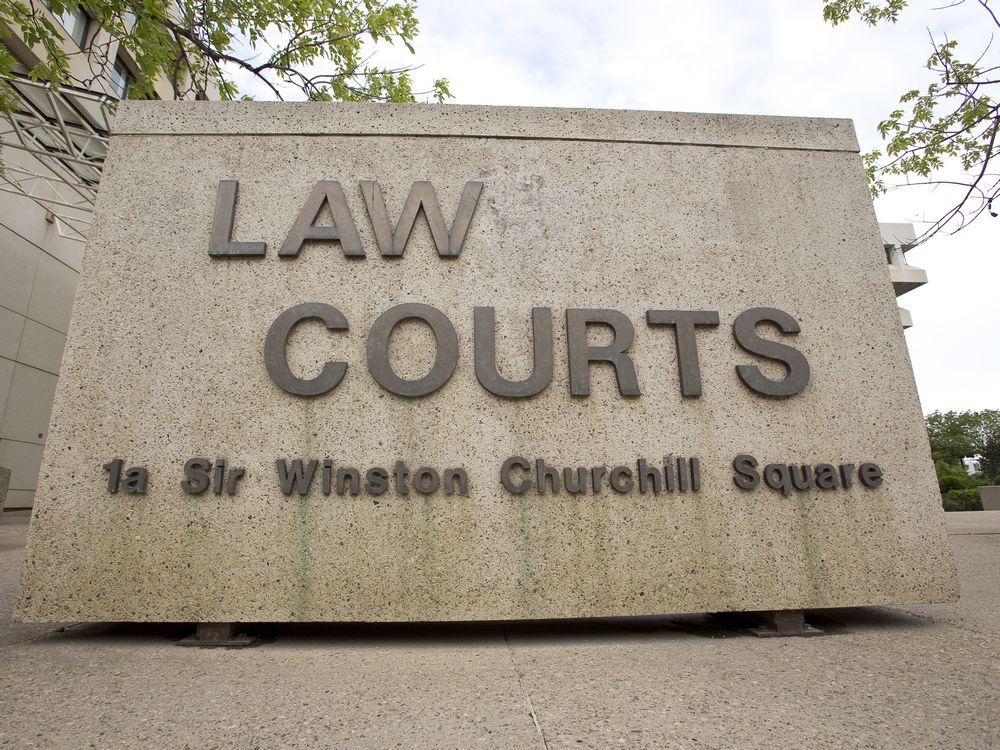I’m a practicing oral & maxillofacial surgeon who provides safe and effective general anesthesia to my patients daily. Our anesthesia team model has proven to be both safe and effective for over 90 years.
I want to clarify a few things:
Who can provide general anesthesia/deep sedation in dentistry and what is their training?
Oral surgeons (not general dentists) can provide general anesthesia, or deep sedation following their 4-6 years of residency training. Oral surgeons have a 5-month anesthesia rotation (4 month adult, 1 month pediatric). In addition, oral surgery residents rotate through multiple other areas including the ICU, internal medicine, cardiology etc further exposing them to complex patient care and anesthesia training (and they often intubate while on other rotations). Throughout their 4-6 year residency, they are also providing anesthesia in their own clinics for outpatient surgery; their anesthesia training is not just 5 months in the OR.
What about monitoring/safety equipment?
OMFS are required to complete mandatory office anesthesia evaluations. These include an evaluation of the facilities, emergency meds, emergency equipment, monitoring equipment, hands-on demonstration by the oral surgeon and his/her team of the management of simulated office emergencies, and observation of actual patient anesthesia/surgeries in the office.
What about staff training?
Oral surgery assistants are DAANCE certified and are ACLS certified. This means they have taken a course and have passed the Dental Anesthesia Assistants National Certification Exam. They are highly trained to assist in both monitoring and recovery. They are not just general dentistry assistants.
What about our track record?
Office based general anesthesia/deep sedation has been safely and successfully performed for over 90 years. You should ask your own president of what he thinks of oral surgeons.
In 2004, Roger W. Litwiller MD, President of the American Society of Anesthesiologists reviewed and concurred with AAOMS’s “Parameters of Care for Anesthesia and Outpatient Facilities,” the official document defining clinical practice guidelines in anesthesia. His statement regarding the use of the general anesthetic, Propofol, and its use by oral surgeons resulted from, “…a long history of safely using general anesthesia in the care of their patients…”
Here are some articles that come to mind:
Perrott DH, Yuen JP, Andresen RV, Dodson TB. Office-based ambulatory anesthesia: outcomes of clinical practice of oral and maxillofacial surgeons. J Oral Maxillofac Surg. 2003;61:983-995
Lytle JJ, Yoon C. 1978 anesthesia morbidity and mortality survey: Southern California Society of Oral and Maxillofacial Surgeons. J Oral Surg. 1980;38:814-819.
Lytle JJ. Anesthesia morbidity and mortality survey of the Southern California Society of Oral Surgeons. J Oral Surg. 1974;32:739-744.
Lunn JN, Mushin WW. Mortality associated with anaesthesia. Anaesthesia. 1982;37:856.
Anesthesia and Sedation in the Dental Office. NIH Consensus Statement. 1985 Apr 22-24;5:1-18. Available at:
http://consensus.nih. gov/1985/1985AnesthesiaDental050html.htm. Accessed September 1, 2016
Steven J Wiemer et al. Safety of Outpatient Procedural Sedation Administered by Oral and Maxillofacial Surgeons: The Mayo Clinic Experience in 17,634 Sedations (2004 to 2019). May 2021. J Oral Maxillofac Surg



















